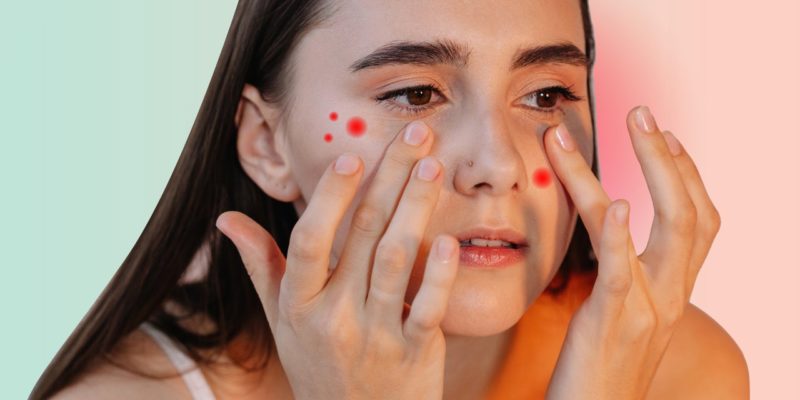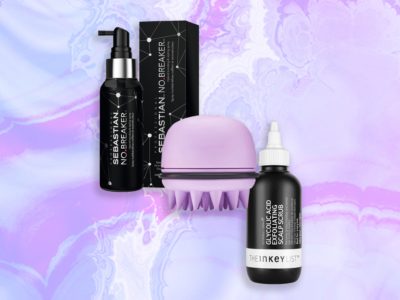
If eczema is the result of a faulty skin barrier, adulthood itself may also be a contributing factor. “As we age, our skin’s barrier is less effective at retaining moisture and repairing itself,” says Finney. In fact, there’s even a whole form of eczema, asteatotic eczema, that often develops from dry skin in adults. And right now, for those of us non-essential workers still under varying degrees of stay-at-home orders, dry skin may be impossible to avoid.
The air inside our homes may not just be drier than what our skin needs, but it can also be dirtier. Even with the use of humidifiers and/or air purifiers, uncirculated air can contain dust and other indoor pollutants that can disrupt skin — and can make existing eczema worse.
Remember, Treatment Is Possible
If you’re suffering from red, flaky skin as an adult, there’s both good news and bad news. “We can’t cure eczema, but we can keep it under control,” says Zeichner, who typically treats eczema in adults the same way as in children. It all starts with getting the skin barrier in good shape while reducing inflammation. And it may, depending on the eczema’s severity, be completely treatable via topical prescriptions when paired with certain over-the-counter products. (For harsher cases, systemic treatments like pills or injectables may be required.)
“For all ages, moisturizing and supporting the skin barrier is the mainstay of maintenance,” says Hadley King, a board-certified dermatologist in New York City. “That means using moisturizers that contain humectants to hydrate, emollients to support the skin barrier, and occlusives to lock in the moisture, several times daily.”
The Bottom Line
Part of the adult eczema journey is accepting that there’s no silver-bullet fix, and the steps sufferers can take to mitigate the condition are also things non-sufferers should be doing, too. (Just think: Cutting down your shower time, which can help keep skin from drying out, also cuts down your energy-use and water waste.) Research does suggest there are more concrete treatments on the horizon, and while they may not be enough to completely cure your flare-ups today, they may one day soon, as the world starts to open up again.
“There are several commercially available topical probiotics focused on improving the skin’s microbiome that show promise,” says Finney, “so the future will hopefully lead to more standardized production of products focused on this.”





